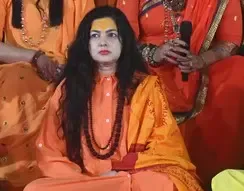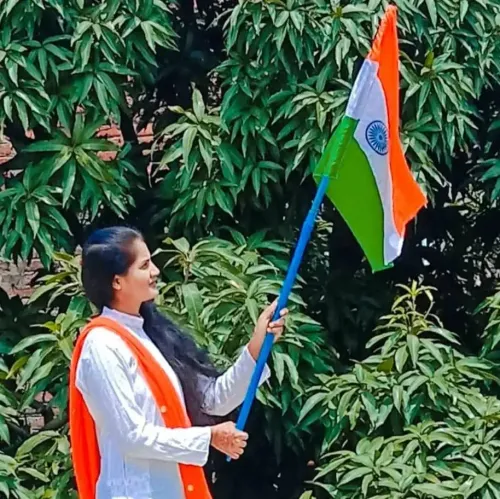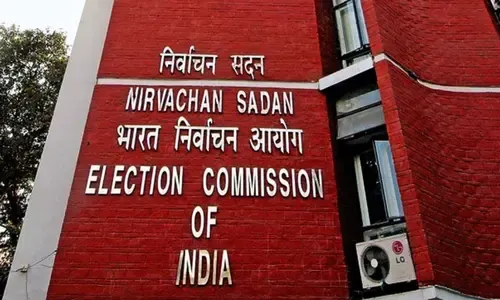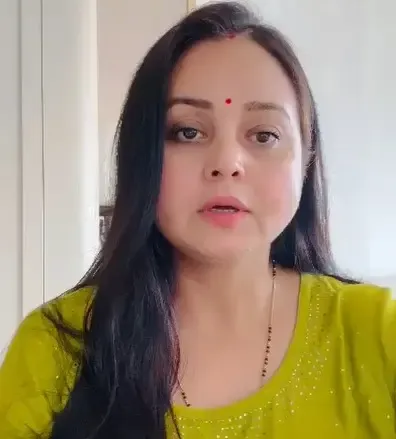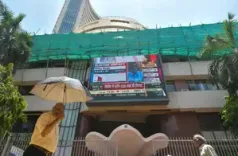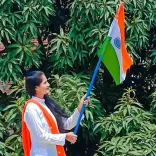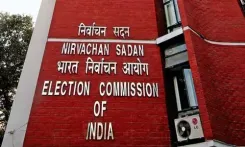Why Did India Ban 16 Pakistani YouTube Channels?

Synopsis
Key Takeaways
- India banned 16 Pakistani YouTube channels.
- The ban is a response to disinformation related to national security.
- The Pahalgam terror incident catalyzed this action.
- India initiated a comprehensive diplomatic response following the attack.
- Multiple retaliatory measures have been implemented by the Indian government.
New Delhi, April 28 (NationPress) India has imposed a ban on 16 Pakistani YouTube channels for disseminating provocative and communally sensitive content, alongside false and misleading narratives aimed at India, its Army, and security agencies.
This decision was enacted by the Government of India upon recommendations from the Ministry of Home Affairs, in light of the recent Pahalgam terror incident in Jammu and Kashmir.
The channels banned include Dawn News, Irshad Bhatti, SAMAA TV, ARY NEWS, BOL NEWS, Raftar, The Pakistan Reference, Geo News, Samaa Sports, GNN, Uzair Cricket, Umar Cheema Exclusive, Asma Shirazi, Muneeb Farooq, SUNO News HD, and Razi Naama.
These platforms were found to be propagating disinformation concerning India's national security, foreign relations, and public order, amassing a total viewership exceeding 6.3080 crore.
They were implicated in spreading unverified information designed to instigate panic, incite communal discord, and disrupt public order within India, as stated in an official release.
The banned channels were known for publishing fake news on various topics, including the Indian Army, Jammu and Kashmir, and India's foreign relations, particularly in the context of the Pahalgam terror attack.
In a related action, India's government also withheld the official X handle of the Government of Pakistan following the tragic terror attack in Pahalgam, which claimed the lives of 26 innocent civilians and left many others injured.
In the aftermath of this deadly incident, India initiated a robust diplomatic response, summoning Pakistan's chief diplomat in New Delhi, Saad Ahmad Warraich, and issuing a formal Persona Non Grata note to all Pakistani military attaches.
These actions are part of a broader series of robust retaliatory measures by India, following Prime Minister Narendra Modi's characterization of the assault as a “cowardly attack on innocent civilians.”
The attack, orchestrated by the Pakistan-based terror group The Resistance Front, has heightened tensions between the two nations.
In light of the attack, the Cabinet Committee on Security (CCS), chaired by Prime Minister Modi, announced multiple stringent measures.
These actions consist of suspending the Indus Waters Treaty, closing the Attari-Wagah border, canceling the SAARC Visa Exemption Scheme (SVES) for Pakistani nationals, expelling Pakistan's military attaches from New Delhi, and reducing diplomatic staff at both High Commissions.


